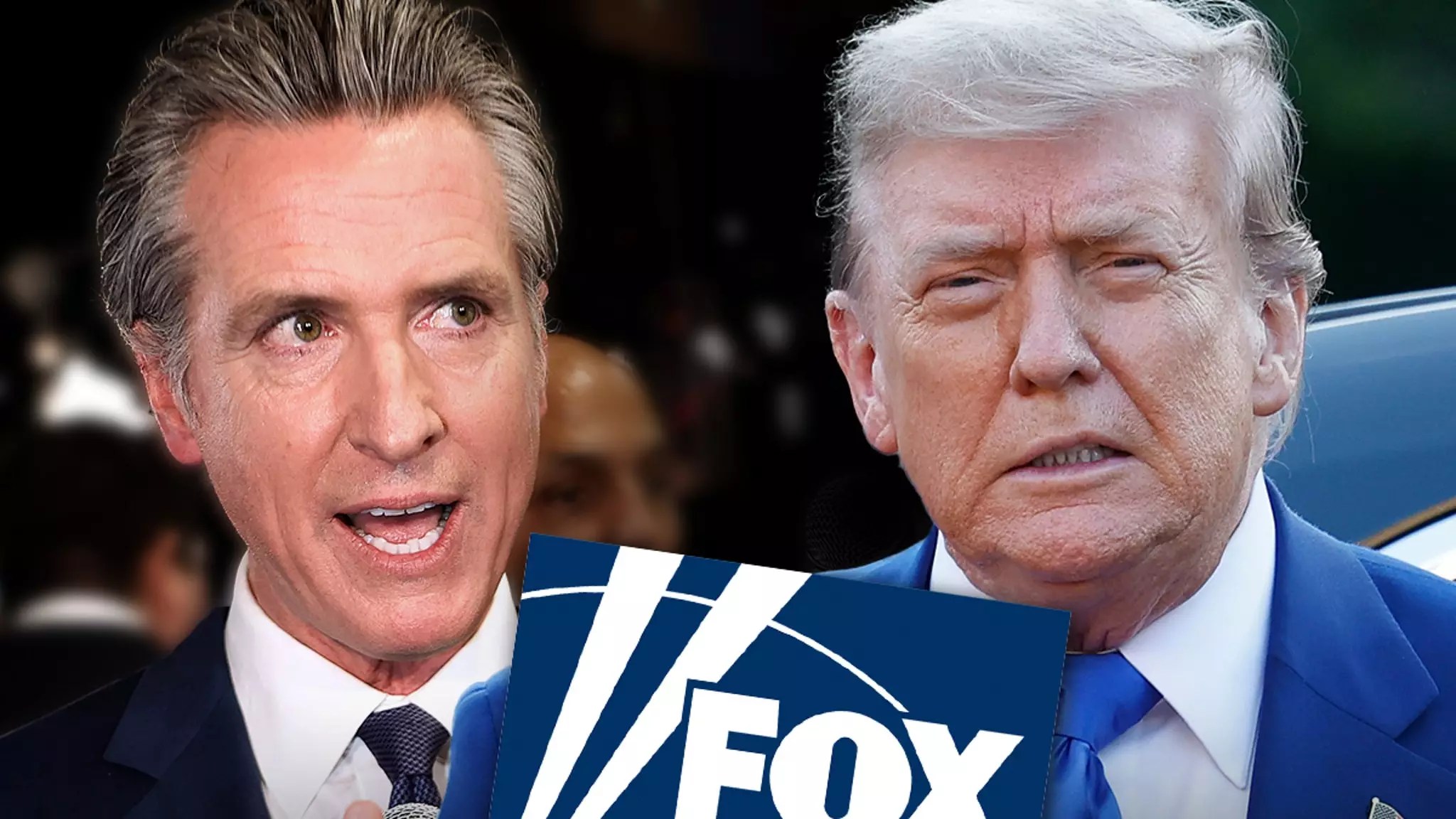Gavin Newsom’s defamation lawsuit against Fox News is more than just a legal skirmish; it’s a calculated counterattack in the ongoing clash between media, politics, and truth. Newsom’s move to question Donald Trump’s mental acuity—particularly about the details of their phone conversation—deploys the very strategy Trump himself has wielded repeatedly. By hinting that Trump’s “poor cognitive state” might explain discrepancies in his memory, Newsom cleverly flips the script on one of Trump’s signature insults. This maneuver isn’t just a cheap shot; it’s a deliberate exposure of a political theater where personal capability and media distortions intertwine to shape public perception.
The Intersection of Memory, Media, and Misinformation
At the heart of this dispute lies a crucial issue: the reliability of both political memory and media representation. Trump claimed he spoke to Newsom on June 9, but the phone records and Newsom’s account place the call on June 7. Fox News’s decision to broadcast an edited clip that seemingly discredits Newsom raises critical questions about journalistic integrity. Are news outlets serving the public by clarifying facts, or are they complicit in spreading confusion for partisan advantage? The lawsuit highlights how media companies can manipulate narratives, amplifying misinformation, and ultimately undermining democratic dialogue.
Why Newsom Targets Fox News but Sidesteps Trump
Notably, Newsom directs his legal ire exclusively at Fox News, sidestepping a direct lawsuit against Trump himself. This choice reveals a nuanced understanding of the power dynamics at play. Suing the former president might be futile or ignored given Trump’s unpredictable responses and the logistical challenges of litigation. Instead, Newsom aims at the media outlet whose false portrayal fuels the misinformation cycle. By doing so, he is tackling the enablers of disinformation rather than the source directly responsible for inaccurate claims. This approach underscores a strategic focus on systemic issues rather than individual grievances.
The Politicization of Cognitive Judgments
Newsom’s suggestion that Trump’s inaccuracies might stem from age-related cognitive decline invites controversy, but also serves as a candid critique rarely voiced so bluntly in political discourse. The willingness to highlight mental fitness as a factor affecting leadership contrasts sharply with the reluctance among many political figures to confront such concerns honestly. While some Trump supporters may dismiss the comment as a baseless jab, it underscores the larger issue: assessing the cognitive competence of key political figures is not taboo but essential for governance accountability.
Media Responsibility Amid Political Theater
The Fox News defense—that Newsom’s lawsuit is a frivolous attempt to stifle free speech—demonstrates how allegations of censorship are often weaponized to deflect scrutiny. Yet, freedom of expression is not an excuse for deliberate misrepresentation or selective editing that twists the truth. Media outlets have a profound responsibility, especially during an era of rampant misinformation, to maintain rigorous standards of accuracy. Newsom’s legal challenge thus raises a broader debate about where to draw the line between protecting speech and preserving factual integrity, which is fundamental to informed citizenship.
In dissecting this legal confrontation, it becomes evident that the battle over a two-day phone call is emblematic of a greater cultural and political crisis: the erosion of truth under the pressures of partisan media strategies and the frailty of political memory. Newsom’s lawsuit doesn’t merely seek personal vindication; it confronts the mechanisms that blur the line between fact and fiction in American public life.


Leave a Reply